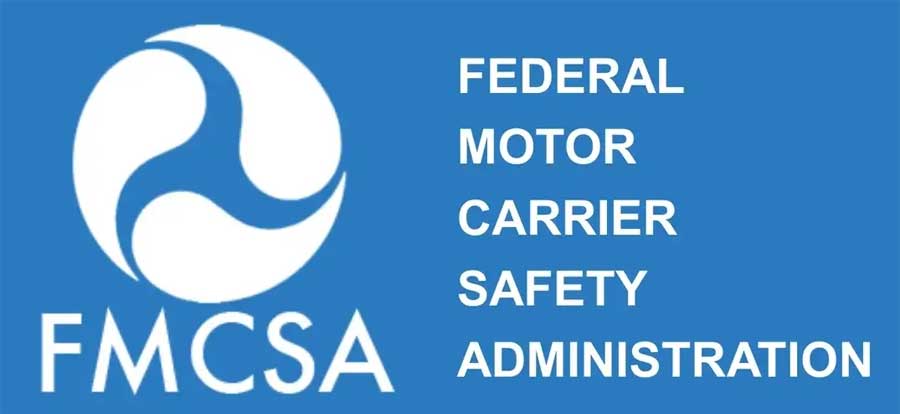On October 11, 2023, the Federal Motor Carrier Safety Administration (FMSCA) released a final rule concerning the authority of state governors to waive hours of service (HOS) regulations during a declared state of emergency. Originally, the proposed rule would have limited both the scope of FMCSA regulations subject to a state issued waiver and the duration of the waiver itself from 30 days to just 5 days. EMA pushed back in written comments and also asked Congress to get involved including a letter from Representatives Greg Pence (R-IN), Rick Crawford (R-AR) and 25 additional lawmakers. Under the final rule issued by FMCSA today, presidentially declared emergencies would maintain the 30-day exemption, however, state issued HOS exemptions are now narrowed to 14 days and streamlined to automatically encompass just the HOS drive time limits. Medical qualifications including medical exams; CDL licensure and renewal; vehicle inspections, repair and maintenance and training are no longer included when a governor issues a state of emergency. “Overall, we are pleased that the FMCSA heard our concerns with the proposed rule and decided to finalize a 14-day HOS waiver rather than 5 days,” said EMA President Rob Underwood.
EMA opposed the reduction of the automatic waiver from 30 days to 5 days for state declarations because it would not provide sufficient time for full recovery from a declared emergency. In the fuel marketing industry, disaster recovery time typically takes 2 to 3 times longer than the duration of the disaster itself. When fuel supply is disrupted, the HOS waiver is essential to restore the flow of finished fuel products to downstream users. The HOS waiver increases the number of loads that can be delivered, and the distance traveled to reach far off supply during emergency declarations. In addition, when a terminal or pipeline outage occurs, resulting in a supply disruption, normal inventories of finished fuel products take time to work their way back through the distribution chain to storage terminals. Also, a shorter 5-day state waiver period could also encourage consumer fuel hoarding and long lines at the pump, further limiting supply. CLICK HERE to read EMA’s comments.
The agency cited concerns over increased frequency and severity of weather-related disasters nationwide with climate change as their primary reason for longer relief timelines. The new rule modifies the definition for emergency to clarify that emergency regulatory relief under § 390.23 generally does not apply to economic conditions that are caused by market forces, including shortages of raw materials or supplies, labor strikes, driver shortages, inflation, or fluctuations in freight shipment or brokerage rates, unless such conditions or events cause an immediate threat to human life and result in a declaration of an emergency.
One reason FMCSA sought changes is due to emergency declarations in recent years from state Governors who “do not warrant the emergency exemptions from the Federal regulations in § 390.23.” Examples include an emergency exemption covering all interstate shipments of goods during the month of December, to counteract supply chain issues and help increase the supply of toys and other items for Christmas, and an exemption for all shipments of gasoline to encourage more travel after the pandemic. “FMCSA considered the increase in the number of inappropriate emergency declarations as another reason to initiate this rulemaking, to clarify those instances when emergency exemptions are appropriate.”
